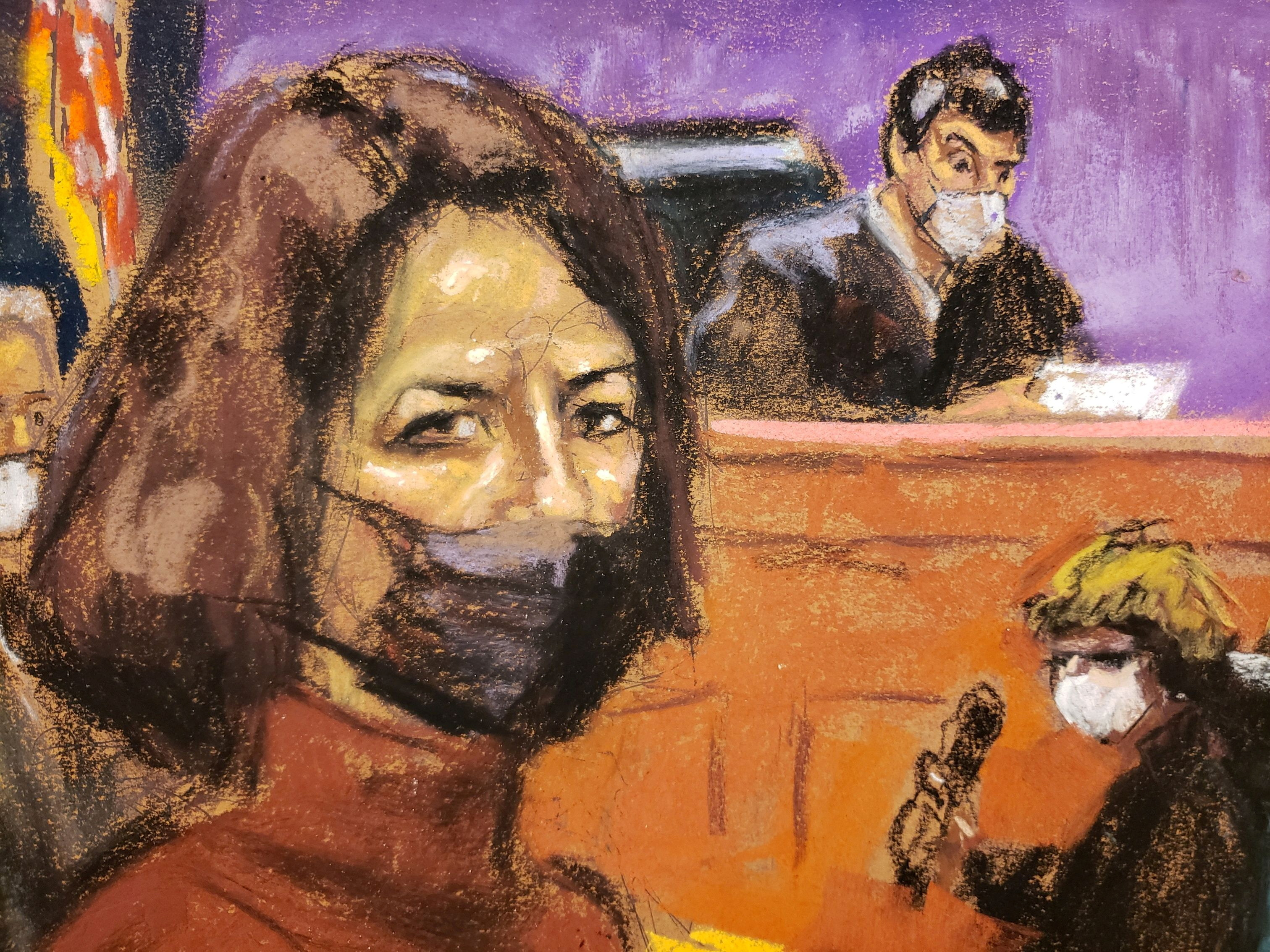Ghislaine Maxwell faces skeptical panel in appeal of US sex trafficking conviction

By Jonathan Stempel
NEW YORK (Reuters) -A U.S. appeals court on Tuesday appeared resistant to overturning Ghislaine Maxwell’s 2021 conviction for helping the disgraced late financier Jeffrey Epstein sexually abuse teenage girls.
The Manhattan-based 2nd U.S. Circuit Court of Appeals considered arguments by a lawyer for Maxwell that Epstein’s 2007 non-prosecution agreement with federal prosecutors in Florida should have barred the British socialite’s prosecution in Manhattan 13 years later.
Maxwell, 62, is serving a 20-year prison sentence after being convicted on five charges for having recruited and groomed four underage girls for Epstein, once her boyfriend, to abuse between 1994 and 2004.
Her lawyer Diana Fabi Samson said references in Epstein’s agreement to the “United States” signaled an intent to bar prosecutions nationwide of his “potential co-conspirators,” four of whom were identified by name. Maxwell was not among them.
Circuit Judge Richard Wesley, however, said a U.S. Department of Justice (DOJ) manual concerning non-prosecution agreements created a “strong presumption” that the Florida prosecutors could not bind their New York counterparts.
“I read the DOJ manual,” Wesley told Samson. “It suggests the opposite of what you just said.”
Samson countered that the manual was “not a shield to allow the government to get out of its promises that it makes to criminal defendants who waive their constitutional rights and plead guilty.”
Epstein ultimately pleaded guilty in 2008 to a Florida state prosecution charge and served 13 months in jail, an arrangement now widely considered too lenient.
NOT BINDING IN MANHATTAN
Andrew Rohrbach, who helped prosecute Maxwell, told the appeals court the reference to the United States in Epstein’s agreement was “generic,” and that the agreement was “intended to bind the Southern District of Florida, and that district alone.”
Circuit Judge Jose Cabranes asked if anyone else was being investigated at the time, and thus might have been in the minds of Florida prosecutors. Rohrbach said no.
The 2nd Circuit did not rule immediately, and could take months to issue a decision.
Epstein died by suicide in August 2019 in a Manhattan jail, a little over a month after being arrested and also charged with sex trafficking.
His victims have since recouped hundreds of millions of dollars from his estate and from banks accused of handling transactions that financed his sexual misconduct.
The scandal has also stained or destroyed the reputations of former friends like Britain’s Prince Andrew and onetime Barclays CEO Jes Staley.
In seeking to overturn Maxwell’s conviction, her lawyers have argued that prosecutors scapegoated her because Epstein was dead and “public outrage” demanded that prosecutors pin blame somewhere. They also said Maxwell’s trial was tainted because one juror did not disclose he had been sexually abused as a child.
Prosecutors have argued that Maxwell did “incalculable” damage to her victims, and that a substantial sentence would show that “nobody is above the law.”
Maxwell is housed in a low-security prison in Tallahassee, Florida. She is eligible for release in July 2037.
(Reporting by Jonathan Stempel in New York; Editing by Will Dunham and Bill Berkrot)








